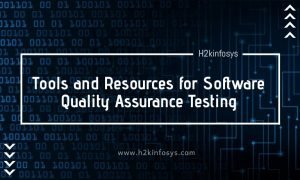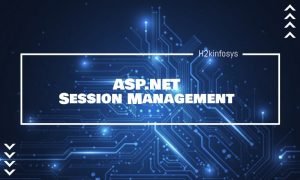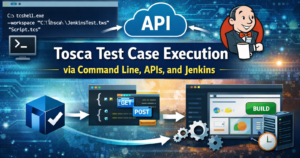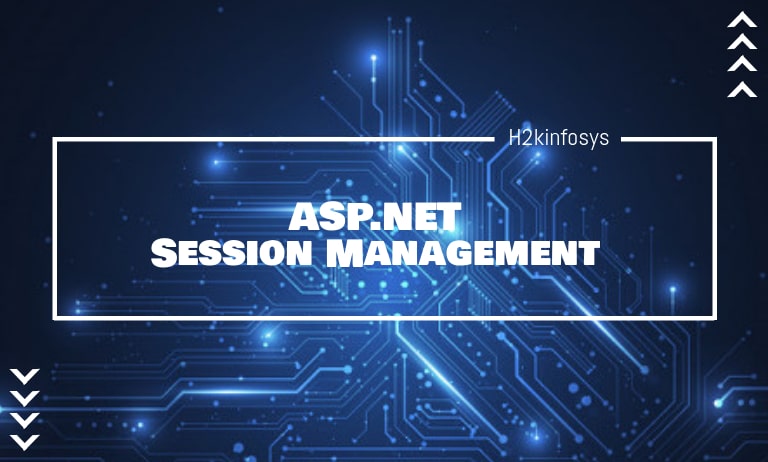Introduction
Becoming an SQL Developer is a promising career path, offering numerous opportunities in various industries. SQL Developers are responsible for managing and manipulating databases using Structured Query Language (SQL). This role is crucial for businesses that rely on data-driven decision-making, making SQL Developers highly sought after. In this comprehensive guide, we will explore the steps to Become An SQL Developer the skills required, and the potential career opportunities.
Understanding the Role of an SQL Developer
SQL Developers specialize in designing, implementing, and maintaining databases. Their primary responsibilities include writing and optimizing SQL queries, ensuring data integrity, and managing database security. SQL Developers work closely with data analysts, software developers, and IT professionals to support data-related tasks and projects.
Key Responsibilities
- Database Design and Development: Designing efficient database structures and schemas.
- Query Optimization: Writing and optimizing SQL queries for data retrieval and manipulation.
- Data Security: Implementing security measures to protect sensitive data.
- Data Integrity: Ensuring data accuracy and consistency across databases.
- Performance Monitoring: Monitoring database performance and troubleshooting issues.
Educational Background and Prerequisites
While a formal degree is not always required, having a strong educational background can significantly enhance your prospects. Many SQL Developers hold degrees in computer science, information technology, or related fields. A solid understanding of database management systems (DBMS) and programming languages is essential.
Recommended Educational Paths
- Bachelor’s Degree in Computer Science: Covers fundamental concepts in programming, data structures, and database management.
- Associate’s Degree in Information Technology: Provides foundational knowledge in IT and database systems.
- Online Courses and Bootcamps: Many online platforms offer specialized courses in SQL and database management, providing practical experience and certification.
Mastering SQL: The Core Skill
SQL is the cornerstone of an SQL Developer’s skill set. It is crucial to master this language to perform tasks such as data retrieval, updating records, and managing database structures. Here are some key aspects of SQL to focus on:
Key SQL Concepts
- Data Definition Language (DDL): Commands for defining database structures, such as
CREATE,ALTER, andDROP. - Data Manipulation Language (DML): Commands for manipulating data, including
SELECT,INSERT,UPDATE, andDELETE. - Data Control Language (DCL): Commands for controlling access to data, such as
GRANTandREVOKE. - Transaction Control Language (TCL): Commands for managing transactions, including
COMMIT,ROLLBACK, andSAVEPOINT.
Gaining Practical Experience
Practical experience is invaluable in becoming an SQL Developer. Building hands-on experience can help you understand real-world challenges and solutions in database management. Here are some ways to gain practical experience:
Building Personal Projects
- Create a Personal Database: Design and implement a database for a personal project, such as a book collection or inventory system.
- Contribute to Open Source Projects: Join open-source projects that involve database management and SQL development.
Internships and Part-Time Jobs
- Internships: Seek internships that offer hands-on experience with SQL and databases.
- Part-Time Jobs: Work as a part-time SQL Developer or database administrator to gain practical exposure.
Understanding Database Management Systems (DBMS)
A thorough understanding of different DBMS is crucial for an SQL Developer. Familiarize yourself with popular relational database management systems (RDBMS) and non-relational databases (NoSQL).
Popular RDBMS
- MySQL: An open-source RDBMS widely used in web applications.
- PostgreSQL: A powerful, open-source object-relational DBMS.
- Microsoft SQL Server: A relational database management system developed by Microsoft.
- Oracle Database: A multi-model database management system known for its robust features.
NoSQL Databases
- MongoDB: A popular NoSQL database known for its scalability and flexibility.
- Cassandra: A highly scalable NoSQL database designed for handling large amounts of data across many servers.
Learning Additional Programming Languages
While SQL is the primary language for database management, knowledge of additional programming languages can be beneficial. SQL Developers often work with other languages to integrate databases with applications.
Recommended Programming Languages
- Python: Known for its simplicity and versatility, Python is commonly used for data analysis and automation.
- Java: A popular language for building enterprise-level applications that interact with databases.
- C#: Widely used in the development of Windows applications and web services.
Developing Soft Skills
In addition to technical skills, SQL Developers need strong soft skills to succeed in their careers. Effective communication, problem-solving, and teamwork are essential for collaborating with colleagues and stakeholders.
Essential Soft Skills
- Communication: Clearly articulate ideas and solutions to technical and non-technical stakeholders.
- Problem-Solving: Analyze and solve complex problems related to database management and optimization.
- Attention to Detail: Ensure accuracy and precision in database design and query writing.
Certification and Continuous Learning
Certifications can validate your skills and knowledge, making you more attractive to employers. Many organizations offer certification programs for SQL Developers.
Popular Certifications
- Microsoft Certified: Azure Database Administrator Associate: Validates expertise in managing and monitoring SQL databases in the Azure cloud.
- Oracle Certified Professional (OCP): Demonstrates proficiency in Oracle database management.
- MySQL Database Administrator Certification: Recognizes skills in MySQL database administration.
Continuous Learning
The field of database management is constantly evolving. Stay updated with the latest trends, technologies, and best practices by reading industry blogs, attending webinars, and participating in online forums.
Building a Professional Network
Networking is crucial for career growth. Connecting with professionals in the industry can provide valuable insights, mentorship, and job opportunities.
Networking Strategies
- Attend Industry Conferences: Participate in conferences and events related to database management and SQL development.
- Join Professional Associations: Become a member of organizations like the Database Administration and SQL Server (DASS) community.
- Online Communities: Engage in online forums and social media groups dedicated to SQL and database management.
10. Crafting a Strong Resume and Portfolio
A well-crafted resume and portfolio can help you stand out in the job market. Highlight your skills, experience, and certifications, and showcase your projects and achievements.
Resume Tips
- Highlight Relevant Experience: Focus on your experience with SQL, databases, and related technologies.
- Include Certifications: List any relevant certifications you have earned.
- Showcase Projects: Include descriptions of projects you have worked on, highlighting your role and contributions.
Portfolio Tips
- Display Code Samples: Showcase SQL queries, database designs, and other relevant code samples.
- Include Project Descriptions: Provide detailed descriptions of your projects, including the technologies used and the problems solved.
Preparing for Interviews
Interviews for SQL Developer positions often include technical questions and practical assessments. Prepare by practicing common SQL interview questions and coding challenges.
Common Interview Topics
- SQL Queries: Be prepared to write and optimize SQL queries on the spot.
- Database Design: Demonstrate your knowledge of database normalization, indexing, and schema design.
- Problem-Solving: Show your ability to analyze and solve complex problems related to database management.
Exploring Career Opportunities and Advancement
SQL Developers can pursue various career paths and specializations. Understanding the potential opportunities can help you plan your career trajectory.
Potential Career Paths
- Database Administrator: Focus on maintaining and securing databases.
- Data Analyst: Analyze and interpret data to provide insights and support decision-making.
- Business Intelligence Developer: Develop and implement BI solutions to support business operations.
- Data Engineer: Design and implement data pipelines and architectures.
Advancement Opportunities
- Senior SQL Developer: Take on more complex projects and responsibilities.
- Database Architect: Design and implement large-scale database systems.
- Technical Lead: Lead a team of developers and manage technical projects.
Conclusion: The Path to Success
Becoming an SQL Developer is a rewarding career choice with ample opportunities for growth and advancement. By mastering SQL, gaining practical experience, and continuously learning, you can build a successful career in this field. Whether you’re just starting or looking to advance, the key to success is dedication, continuous learning, and a passion for working with data.
Final Thoughts
Embarking on a career as an SQL Developer requires a combination of technical expertise, practical experience, and soft skills. By following the steps outlined in this guide, you can develop the skills and knowledge needed to succeed in this dynamic and in-demand field. Remember, the journey to becoming an SQL Developer is a continuous process of learning and growth. Stay curious, stay motivated, and embrace the opportunities that come your way.

























